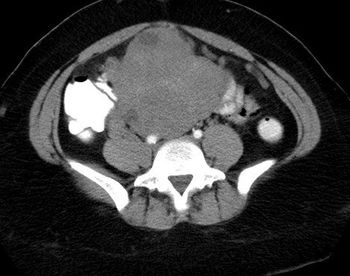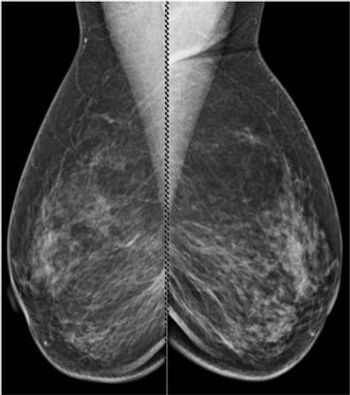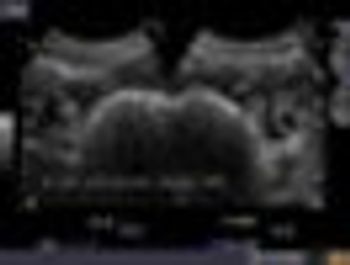Along with the excitement and joy of a new baby come stresses, increased health concerns for mom and the newborn, and other health service issues. Women with infants in the neonatal intensive care unit (NICU) often experience more distress than their counterparts with healthy infants, yet they may lack the resources to address these needs. Dr Kathryn Menard, director of the Center for Maternal and Infant Health and division director and distinguished professor of obstetrics and gynecology at the University of North Carolina at Chapel Hill Medical School, and colleagues sought to ascertain the specific needs of this patient population to help determine if these needs can be met in the NICU setting.




